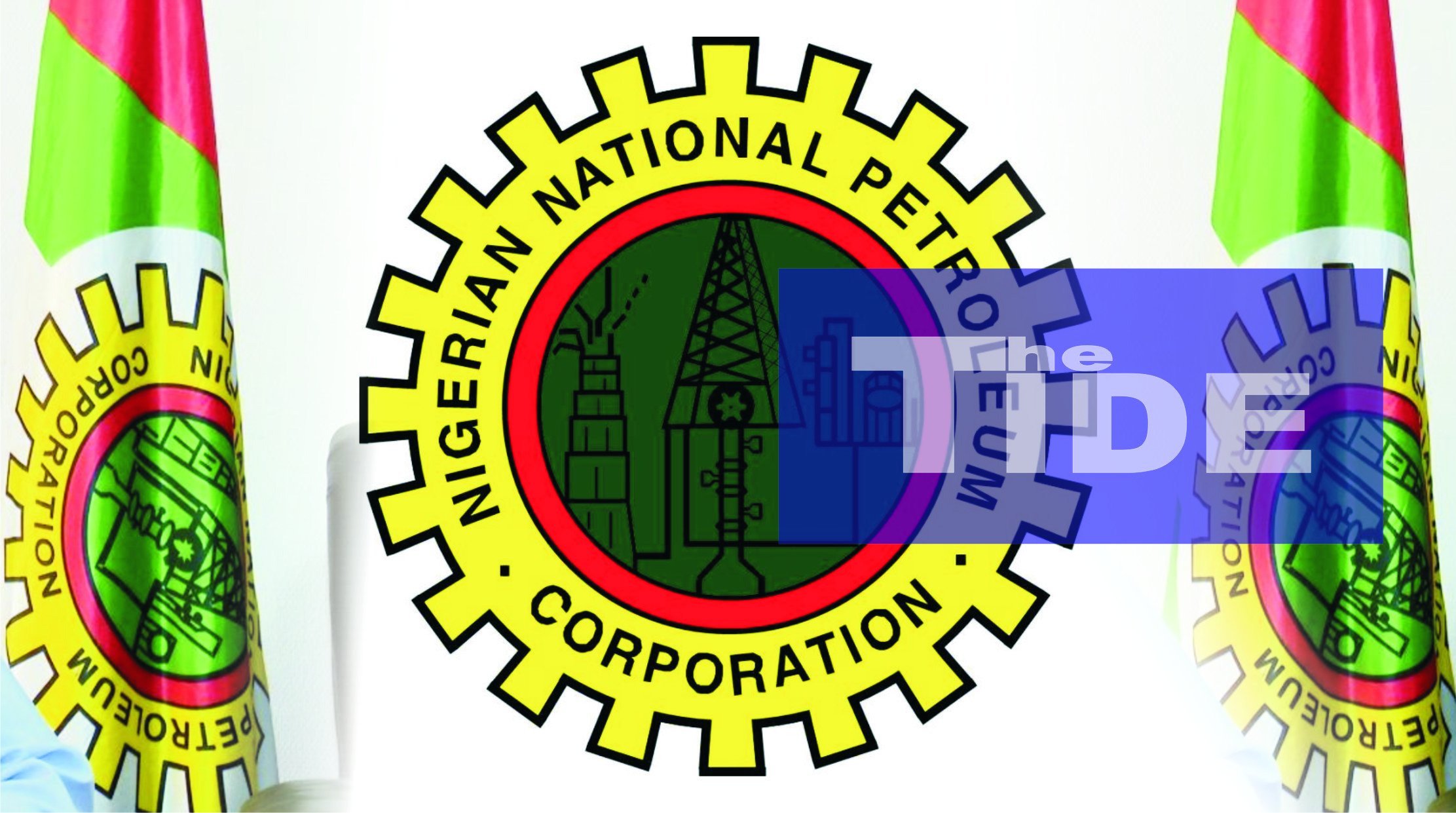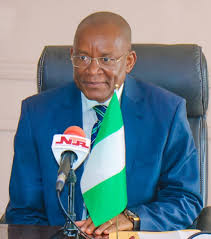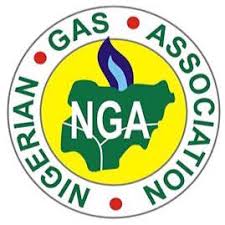Business
Lockdown: NNPC Begs Security Agencies To Allow Tanker Drivers Operate

The Nigerian National Petroleum Corporation (NNPC) has appealed to law enforcements agencies across the country to allow petroleum products tanker drivers free movement during the lockdown order in parts of the country by President Muhammadu Buhari and some state governments.
This was contained in a statement on Tuesday in Abuja by the NNPC Group General Manager, Group Public Affairs Division, Dr Kennie Obateru. The NNPC boss said the exemption granted by President Muhammadu Buhari in his broadcast to certain categories of essential workers covers the operations of petroleum products tanker drivers.
The President has on Sunday ordered total lockdown of Lagos State, the Federal Capital Territory, Abuja and Ogun State.
The release said the Federal Government counts on the support of the law enforcement agencies across the country to ensure smooth distribution of petroleum products across the nook and cranny of the country during the period of the restriction.
The corporation said that NNPC has over 2.6 billion litres of petrol, enough to last the period of the lockdown and beyond, advising that motorists should not engage in panic buying.
Business
CBN Predicts 4.17% GDP Growth In 2025

The Central Bank of Nigeria (CBN) has announced that the 2025 economic indices indicate a positive outlook, with the nation’s GDP expected to accelerate to 4.17 per cent for faster economic growth.
Mr Muhammad Abdullahi, Deputy Governor, Economic Policy Directorate, CBN, revealed this on Tuesday during the 11th edition of the National Economic Outlook: Implications for Businesses in 2025.
The hybrid event, convened in Lagos, was organised by the Chartered Institute of Bankers of Nigeria (CIBN) Centre for Financial Studies in collaboration with B. Adedipe Associates Ltd.
Abdullahi said the nation’s 2025 economic projections remained optimistic with fiscal and monetary reforms already paying off, resulting in the GDP anticipated rise from 3.36 per cent recorded in 2024.
According to him, the growth is anchored on sustained implementation of government reforms, stable crude oil prices, and improvements in domestic oil production.
Abdullahi also stated that stability in the exchange rate would play a crucial role in maintaining the positive trajectory, with the inflation rate projected to decline due to the impact of economic reforms.
“Achieving the targeted inflation rate of 15 per cent in 2025 will require effective collaboration between monetary and fiscal authorities, alongside private sector participation for a stable economic environment,” he said.
The keynote speaker said that the apex bank would prioritise price stability and strengthen the financial sector to support SMEs and critical sectors for businesses to thrive.
Abdullahi noted that the nation’s evolving policy landscape presented both challenges and opportunities for businesses to thrive.
“The government is making deliberate strides to diversify its revenue streams and reduce dependence on the volatile oil sector.
“Through ongoing tax reforms aimed at broadening the tax base and improving collection efficiency, the government is working to establish a more sustainable fiscal environment.
“While these reforms may present challenges in the short term, they are essential for building a more resilient and diversified economy in the long run.
“As businesses, it is crucial to adapt to these changes, understanding that they will ultimately strengthen the economic foundation for future growth.
“As we move forward on this path of exploration and collaboration, we must remain focused on the vast opportunities before us.
“Nigeria’s abundant resources, coupled with the current administration’s commitment to economic reform, offer a fertile ground for innovation, investment, and sustainable growth,” Abdullahi said.
Similarly, Prof. Pius Olanrewaju, President/Chairman of the Council, Chartered Institute of Bankers of Nigeria (CIBN), said 2024 presented both challenges and opportunities.
He noted that the GDP signalled gradual recovery amidst global and domestic pressures.
“As we move into 2025, we are presented with both the opportunity and responsibility to critically examine the economic landscape.
“This forum will help us identify the risks, harness the opportunities, and strategize for the future,” Olarenwaju noted.
He commended the collaboration of experts at the annual event, which included Dr Kabir Katata, Director, Research, Policy and International Relations, Nigeria Deposit Insurance Corporation; and Dr Henrietta Onwuegbuzie of the Lagos Business School.
Others were Akinsola Akeredolu-Ale, CEO, Lagos Commodities and Fixtures Exchange; Mr Akeem Lawal, Managing Director Interswitch (Pure pay); and Chinwe Uzoho, Regional Managing Director, West and Central Africa Network International.
Business
Minister Inspects Nigeria/Benin Republic-owned Sugar Firm … Decries Decrepit Condition

Business
NGA Becomes Official Partner To 29th Gas Conference … As President Set To Address 2025 World Summit


